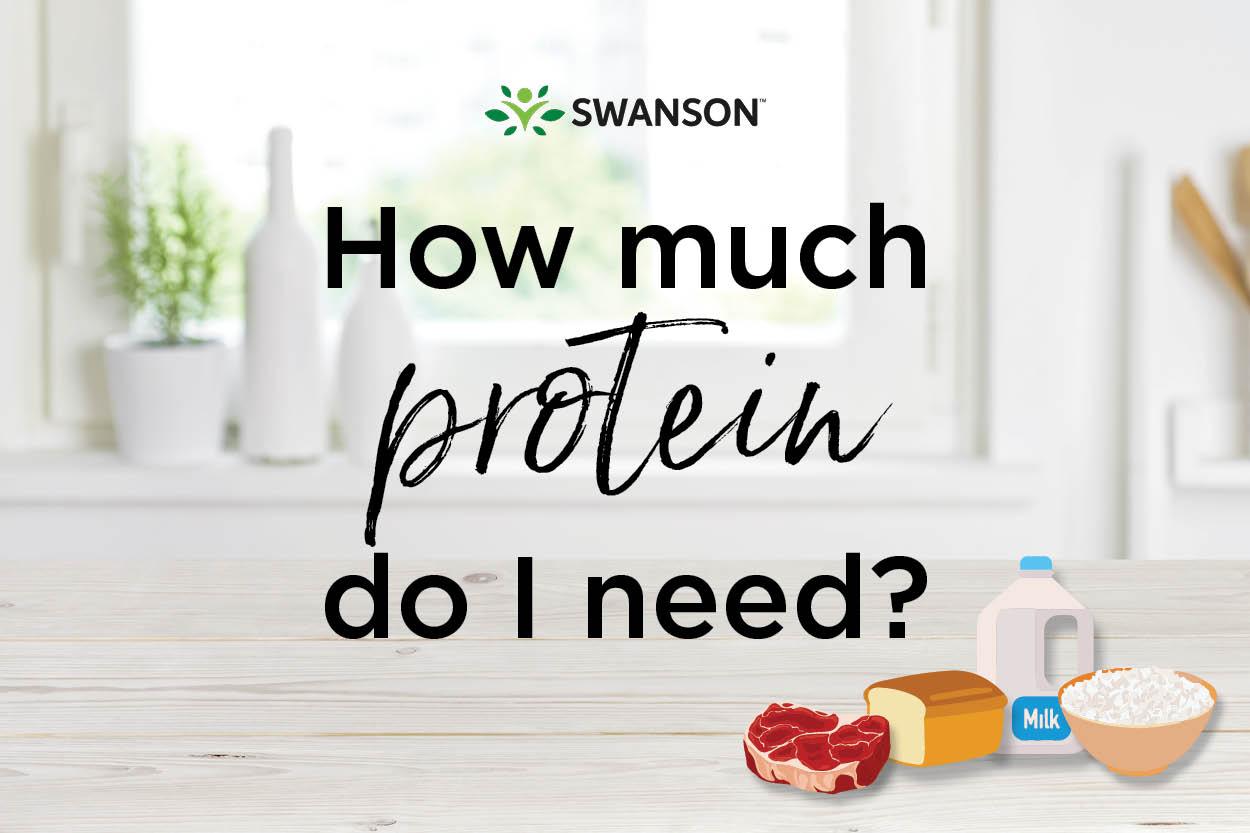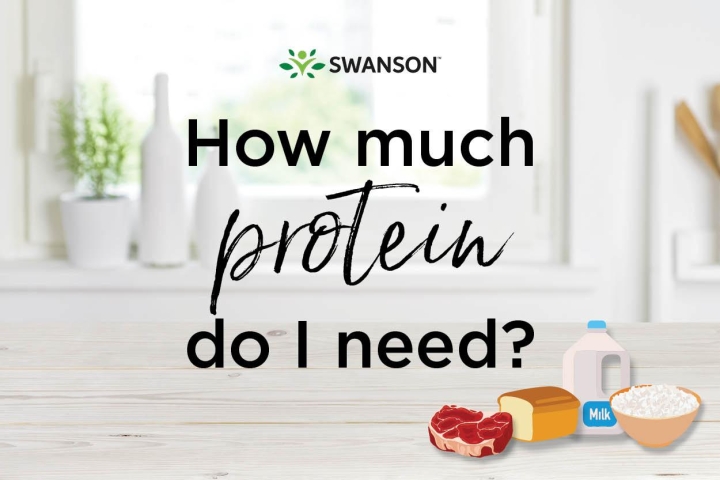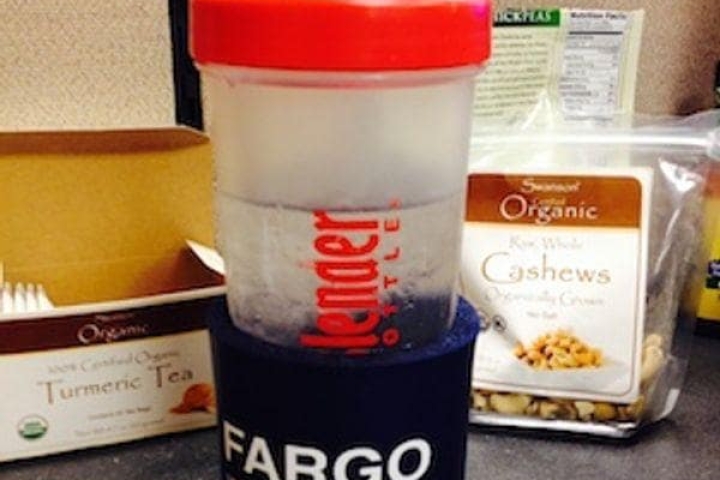How Much Protein Do I Need?
How Much Protein Do I Need?
To illustrate the significance of protein to the human body, consider the origin of the word: protos, which is Greek for "first" and implies paramount importance. Protein is crucial not only for your muscles but also for other parts like hair, hormones, blood, various connective tissues, and the enzymes that drive your digestive system.1
Despite this, many people still associate protein primarily with bodybuilding, powerlifting, and "bulking up." While protein is vital for bodybuilders, it is equally essential for everyone. The question then arises: how much protein do we actually need?
The answer depends on your unique genetics and lifestyle.
Why Do We Need Protein?
Protein powders are commonly seen in stores, some labeled for meal replacement, others for gym enthusiasts. But what exactly are these supplements made of?
Protein is a compound composed of more than twenty amino acids including elements like carbon, hydrogen, and nitrogen. You might find options labeled as “complete proteins,” which contain all nine essential amino acids that the human body cannot synthesize on its own.
As a fundamental building block of our muscles, bones, skin, and more, protein is essential for basic bodily functions. It aids in tissue growth and repair, supports muscle development, and fuels cellular energy.
Lacking sufficient protein can lead to symptoms like muscle fatigue and weakness, exhaustion, and even a weakened immune system, as protein helps build antibodies and bolster T-cell activity.2
How Much Protein Do I Need Daily?
The recommended amount of protein varies based on factors such as activity levels, weight, and nutritional requirements, reflecting the metabolic needs of tissues and muscles.
How Much Protein Does the Average Person Need?
On average, most individuals require about 0.36 g of protein per pound of body weight. For instance, a person weighing 150 lbs. should aim for 54 g of protein daily. Achieving this can be done by consuming approximately 15-20 g of protein in each of three square meals or by incorporating a protein shake into your diet.
How Much Protein Does a Pregnant Woman Need?
Pregnant women should increase their protein intake to about 60 g per day.3 Similarly, breastfeeding women are advised to consume about two to three servings of protein daily.4 This increase supports the body's demands during pregnancy and breastfeeding, promoting the health of both mother and child.
How Much Protein Do Athletes and Active People Need?
Athletes generally need about one gram of protein per pound of body weight daily. For example, a 150lb individual would aim for 150 g of protein.5
Bodybuilders may have slightly different needs based on factors such as age and weight. Typically, it is recommended that bodybuilders get about 25-35% of their daily calories from protein.6
Women may need slightly less protein than men, even as athletes. It is always advisable to consult a doctor before starting any significant health regimen.
How Much Protein Do You Need to Build Muscle?
If you are not an athlete but still wish to grow and maintain muscle mass, your protein needs fall between those of an athlete and an average person. Along with consistent exercise, you should consume about 0.5 to 0.8 g of protein per pound of body weight daily to build muscle. This means if you weigh 150 lbs., you would need about 75-120 g of protein each day.
General Guidelines
Generally, most Americans consume adequate amounts of protein each day, whether from diet or supplements like pea protein or whey protein. On average, men should consume about 56 g per day, while women need about 46 g.7 It is recommended that 10-35% of daily calories should come from protein-rich foods.8
Which Foods are High in Protein?
Here's a quick list of high-protein foods to ensure you meet your daily requirements:9
Adding More Protein to Your Diet
Incorporating the recommended daily amount of protein into your diet can be challenging, especially if you aim to increase muscle mass. Whether you’re looking to build muscle over time or simply boost your protein intake, protein powders and supplements can help you achieve various wellness goals.
The Takeaway
Protein is a fundamental element of your body, and ensuring you consume enough daily is crucial.
Protein can be sourced from a variety of meat and dairy products, but plant-based sources are equally important. Protein supplements can also help fill any dietary gaps. Here's to your continued success!
You be well, now
BubbForest
*These statements have not been evaluated by the Food and Drug Administration. These products are not intended to diagnose, treat, cure, or prevent any disease.
Sources





Leave a comment